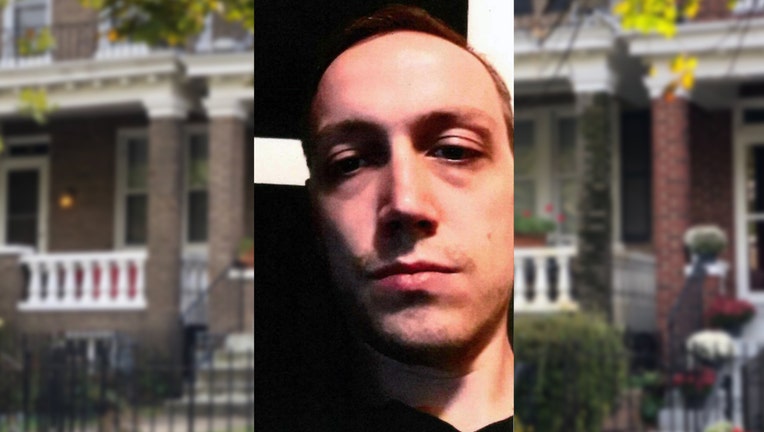Federal prosecutors recommend 10-month sentence for extremist in gun case

COLLEGE PARK, Md. - Federal prosecutors on Thursday recommended a 10-month prison sentence followed by three years of supervised release for a man whose relatives reported concerns about his behavior and far-right extremist rhetoric after last year's Pittsburgh synagogue massacre.
Jeffrey Clark Jr. pleaded guilty to a federal gun charge in July. He's scheduled to be sentenced Sept. 13 by U.S. District Judge Timothy Kelly in Washington, D.C.
Clark, 30, of Washington, has been jailed since his arrest 10 months ago, and could be eligible for immediate release if Kelly imposes the sentence that prosecutors recommended in a court filing.
The FBI said Clark is a self-described white nationalist who followed Pittsburgh synagogue shooting suspect Robert Bowers on the Gab social media platform and referred to him as a "hero" in a post after the October shooting. Bowers spewed anti-Semitic hatred on his Gab account before killing 11 people and wounding seven inside the synagogue, authorities said.
Clark was arrested after relatives called the FBI on Nov. 2 to report their concerns that he could be a danger to himself or others. They told FBI agents that Clark became "really riled up" after his younger brother, Edward, shot and killed himself within hours of the Pittsburgh attack.
Clark faces a maximum sentence of 10 years in prison after pleading guilty to one count of illegal possession of firearms by a person who is an unlawful user of a controlled substance. However, sentencing guidelines call for a sentence ranging from 10 to 16 months. The judge isn't bound by the guidelines.
Prosecutors are urging the judge to prohibit Clark from possessing firearms and order him to refrain from any threatening behavior "in person or on social media" while he is on supervised release. Clark also should be required to attend threat-assessment meetings with the FBI up to four times per year if the FBI requests it, prosecutors said.
David Bos, a federal public defender representing Clark, hadn't publicly filed his own sentencing memo as of Thursday afternoon. Bos didn't immediately respond to an email and telephone call seeking comment on the government's recommendation.
When FBI arrested Clark on Nov. 9 and searched his home, they found flyers from a neo-Nazi organization, boxes of ammunition, body armor, a rope noose hanging above his bed and a Nazi flag containing the handwritten inscription "Hail Victory," prosecutors wrote on Thursday.
"After the death of Edward Clark, Jeffrey Clark became more outspoken about his radical views, expressing them openly to his family members who were in the area following Edward Clark's death," an FBI agent wrote in an affidavit. "During these conversations, Jeffrey Clark defended Robert Bowers' killings at the Tree-of-Life Synagogue. Jeffrey Clark also stated that he and Edward Clark had both fantasized about killing 'Jews and blacks.'"
The relatives also believed 23-year-old Edward Clark may have been planning to carry out an "act of violence" that day before he went to Theodore Roosevelt Island in the nation's capital and killed himself, the agent wrote. Clark's plea agreement says a "post-indictment" investigation by federal authorities found no evidence that he had advance knowledge of the synagogue attack or that he was planning an "independent attack against similar targets" in Washington.
"Obviously, this would be a very different case if he did," the judge said during a hearing in July.
Clark's online postings, statements, and items found inside his home show he has "a deep-rooted hatred for certain minorities and a penchant for glorifying violence," Assistant U.S. Attorney John Cummings wrote in Thursday's memo.
"Added to the inherently dangerous combination of firearms and drugs, the defendant's then-held views plainly enhanced his potential danger to the community," Cummings added.
Bos, the public defender, has said Clark's "distasteful comments" on the internet are constitutionally protected free speech and don't make him dangerous. In July, Bos asked the judge to release his client before sentencing and allow him to live under house arrest with one of the relatives who had contacted the FBI.
"We're not just letting him loose on society," Bos said.

